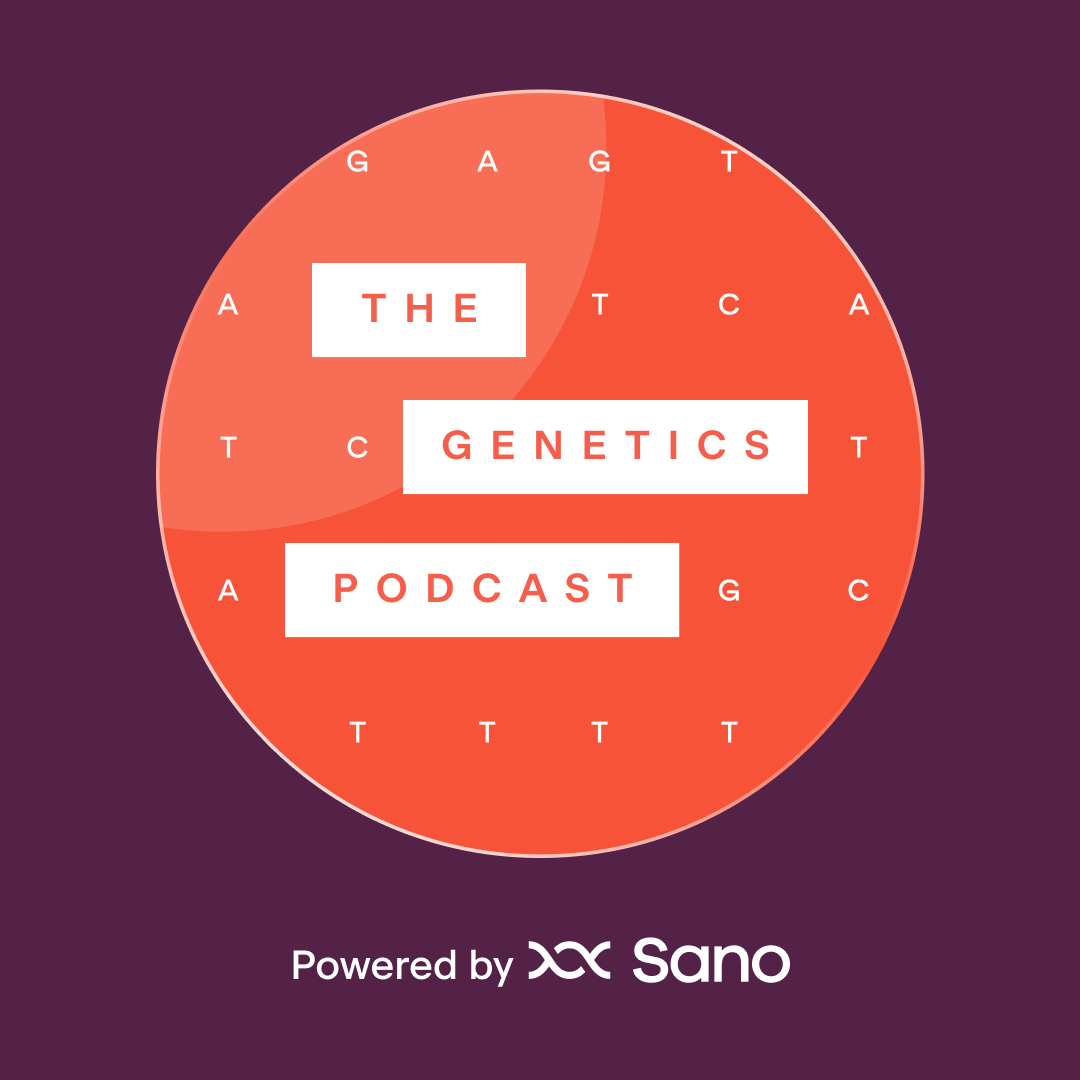EP 140: The future of Electronic Health Records and data analysis with Ben Goldacre
June 27, 2024

This week, we’re joined by Ben Goldacre, a renowned doctor, academic, author, and journalist. His books include “Bad Science” and “Bad Pharma,” among others, and he is currently a Professor of Evidence-Based Medicine at University of Oxford. There, he runs the Bennett Institute for Applied Data Science which aims to pioneer the better use of data, evidence and digital tools in healthcare and policy. Patrick and Ben discuss
Join Patrick and Ben for an open conversation about Ben’s choice to step back from the public eye and the power of the OpenSAFELY platform to improve security, transparency and analysis of Electronic Health Records.
0:00 Intro to The Genetics Podcast
1:00 Welcome to Ben Goldacre
02:22 Ben’s open data projects at the Bennett Institute and the challenges they aim to tackle
04:03 Using Electronic Health Records (EHR) to help the National Health Service improve care
04:03 Using Electronic Health Records (EHR) to help the National Health Service improve care
06:18 The importance of software development within healthcare data and how to manage salary scales in this relatively new field
08:20 The OpenSAFELY platform: The challenges of data security vs usability
14:47 Diverse opinions on which types of health data should be sharable and how to manage privacy and anonymity
17:46 How to grant access to data while protecting privacy
19:23 Using randomly generated “dummy” data to build and test code and statistical models
20:26 How synthetic data has been used to protect privacy
28:16 The challenges of working with, and analysing, Electronic Health data
30:46 The fact that just 2% of all health data research papers share their code
33:32 Idiosyncrasies of EHR analysis including data inconsistencies and challenges of coding variables within research silos
35:03 Building EHRQL (Electronic Health Records Query Language) to drive standardisation
35:03 Building EHRQL (Electronic Health Records Query Language) to drive standardisation
37:47 OpenSAFELY as a portable, open-source set of data analysis tools including data preparation
38:21 Applications of the OpenSAFELY framework outside of the UK
40:22 How standardisation and domain specific language for data preparation encourages high-quality, unified code
45:10 Ben’s career arc, from public-facing roles to a return to research
51:00 Closing remarks
Please consider rating and reviewing us on your chosen podcast listening platform!
Find out more